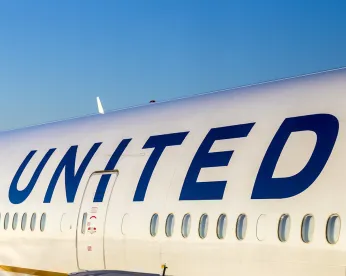California employers have frequently been faced with confusing standards for the application of California’s stringent wage statement requirements for employees that routinely travel between states as a function of their jobs. The California Supreme Court recently addressed this issue in two companion cases: Ward v. United Airlines, Inc. and Oman v. Delta Air Lines, Inc., where the high court was tasked with assessing how and when California Labor Code Section 226 applies to airline workers who performed some work in California, but a significant portion of their work was performed outside the state.
In Ward, the California Supreme Court articulated that employers must first consider whether California is the employee’s primary work location or base of operations, by examining whether the employee spends the majority of their time in California. The Oman decision provided further clarity that an employee’s time must be analyzed on a pay-period basis. As such, if an employee spends the majority of their time in any one pay period working in California, Section 226 applies to all work in that pay period, including work outside of California. If, however, an employee spends the majority of their time in a pay period in any single state other than California, Section 226 does not apply.
The California Supreme Court also acknowledged that this test does not resolve the issue for employees, like flight attendants, who frequently travel between multiple states. For employees who may not principally work in any single state during a particular pay period, employers need to look at whether that employee has a “definite base of operations” in California to determine whether Section 226 applies to these employees’ wage statements.
Although the Ward and Oman decisions provide a new framework for assessing wage statement regulations for interstate employees, employers should work closely with California employment law specialists to navigate these requirements.




 />i
/>i

